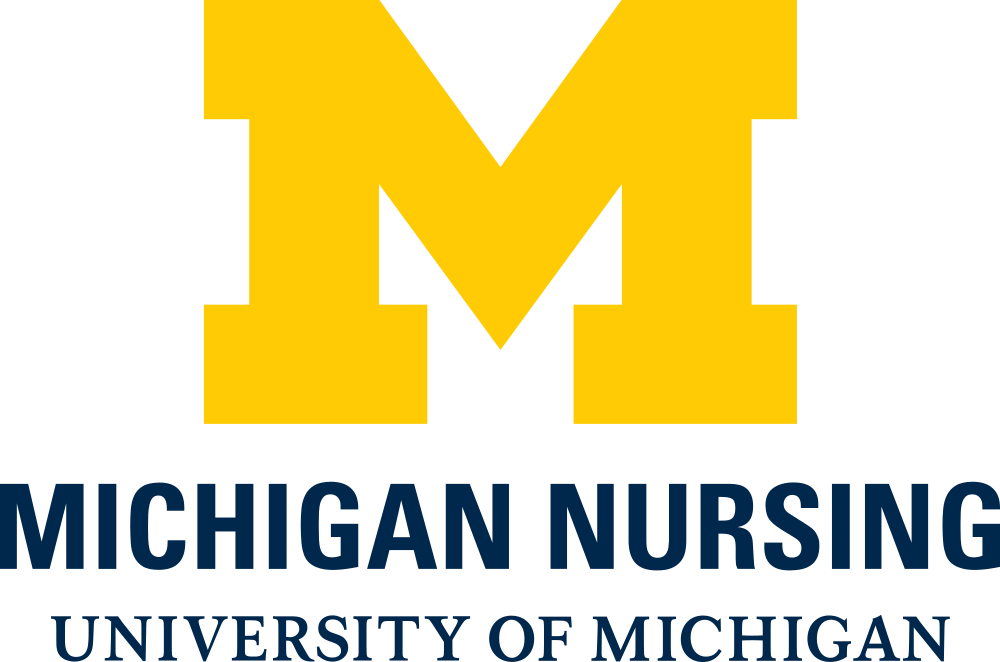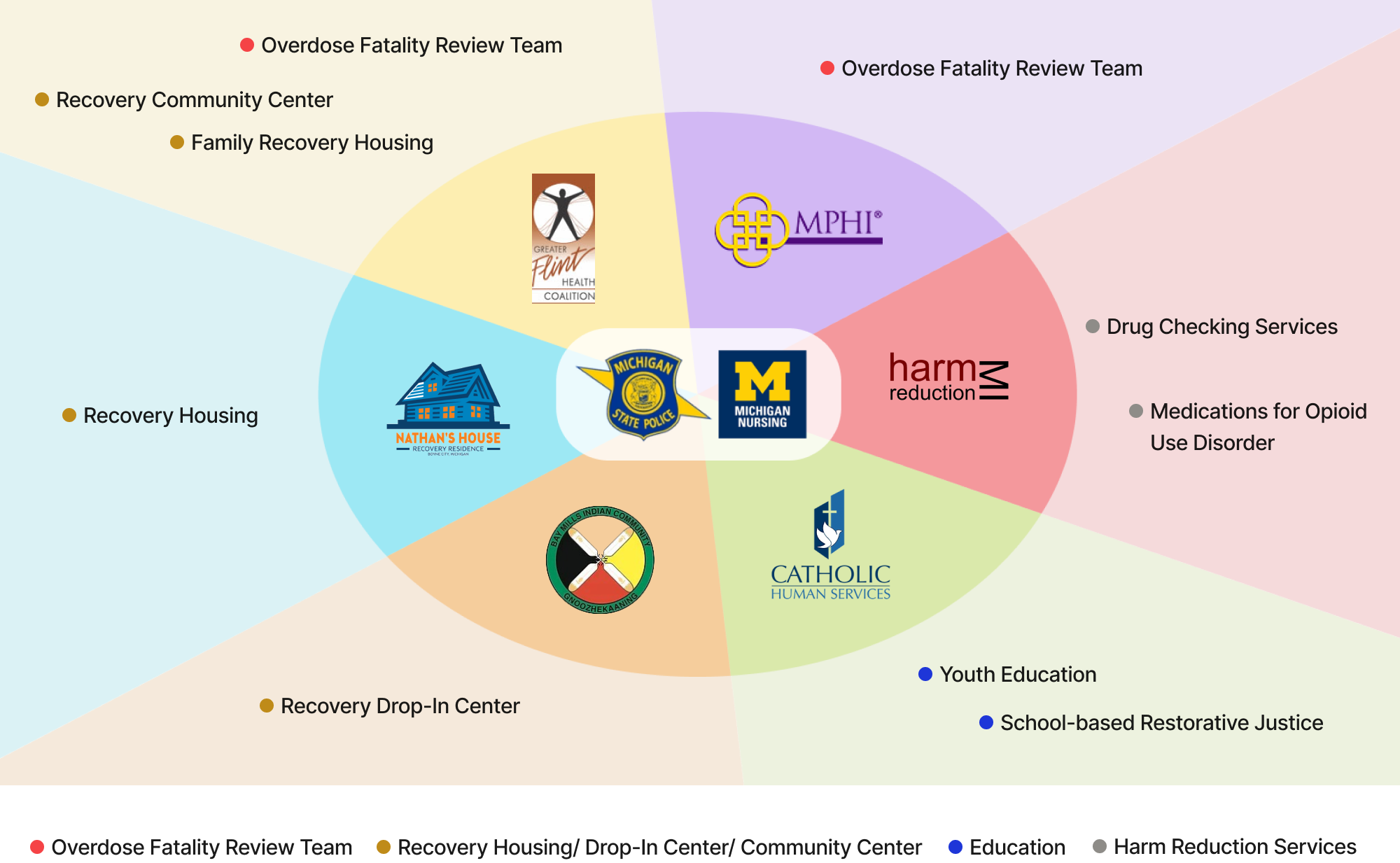
Below is a list of our COSSUP partners and corresponding information on the projects each are supporting. Feel free to reach out to UMSN-COSSAP@med.umich.edu if you have questions or would like to contact them about their projects.

Michigan State Police
The Michigan State Police applied for and won the COSSAP grant through the Department of Justice, Bureau of Justice Assistance. They are responsible for administering the COSSAP grant and work with each local site to coordinate grant contracts, help with program implementation, and ensure compliance with federal grant rules.
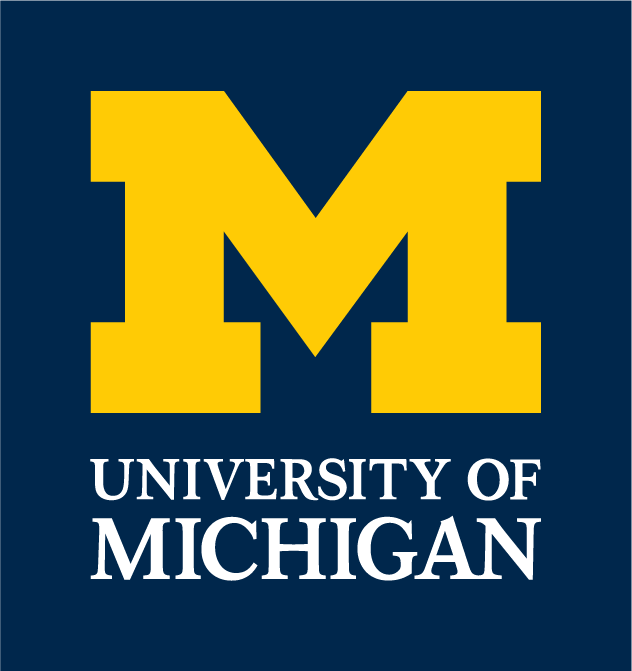
University of Michigan
The University of Michigan is working to evaluate the COSSAP programs implemented at each local site. We have worked with our partners to utilize the RE-AIM methodology (Reach, Effectiveness, Adoption, Implementation, and Maintenance) to identify important and measurable program outcomes. We track program data and provide analysis for each of these outcomes in order to evidence program success and identify areas that could be improved.
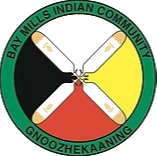
Bay Mills Indian Community
Bay Mills Indian Community integrates culturally centered approaches to support community well-being. They focus on preserving sovereignty and promoting prosperity by providing substance use prevention and treatment resources tailored to the needs of their citizens and future generations. They are using COSSUP funds to establish a recovery community center for all pathways, host substance-free activities and events for people in recovery, and provide peer recovery coaching and behavioral therapy.

Catholic Human Services
Catholic Human Services increases access to substance use disorder providers in rural communities through clinical and therapeutic apprenticeship opportunities. They are using COSSUP funds to implement youth restorative justice programs and youth substance use education initiatives to prevent substance use and promote healthier futures for young people.
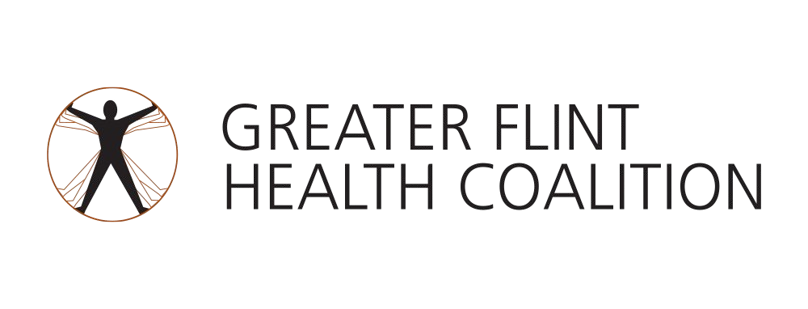
Greater Flint Health Coalition
Greater Flint Health Coalition is using COSSUP funds to expand family recovery housing in Genesee County, establish a Recovery Community Center (RCC), and support case abstraction for Genesee County’s OFR team.
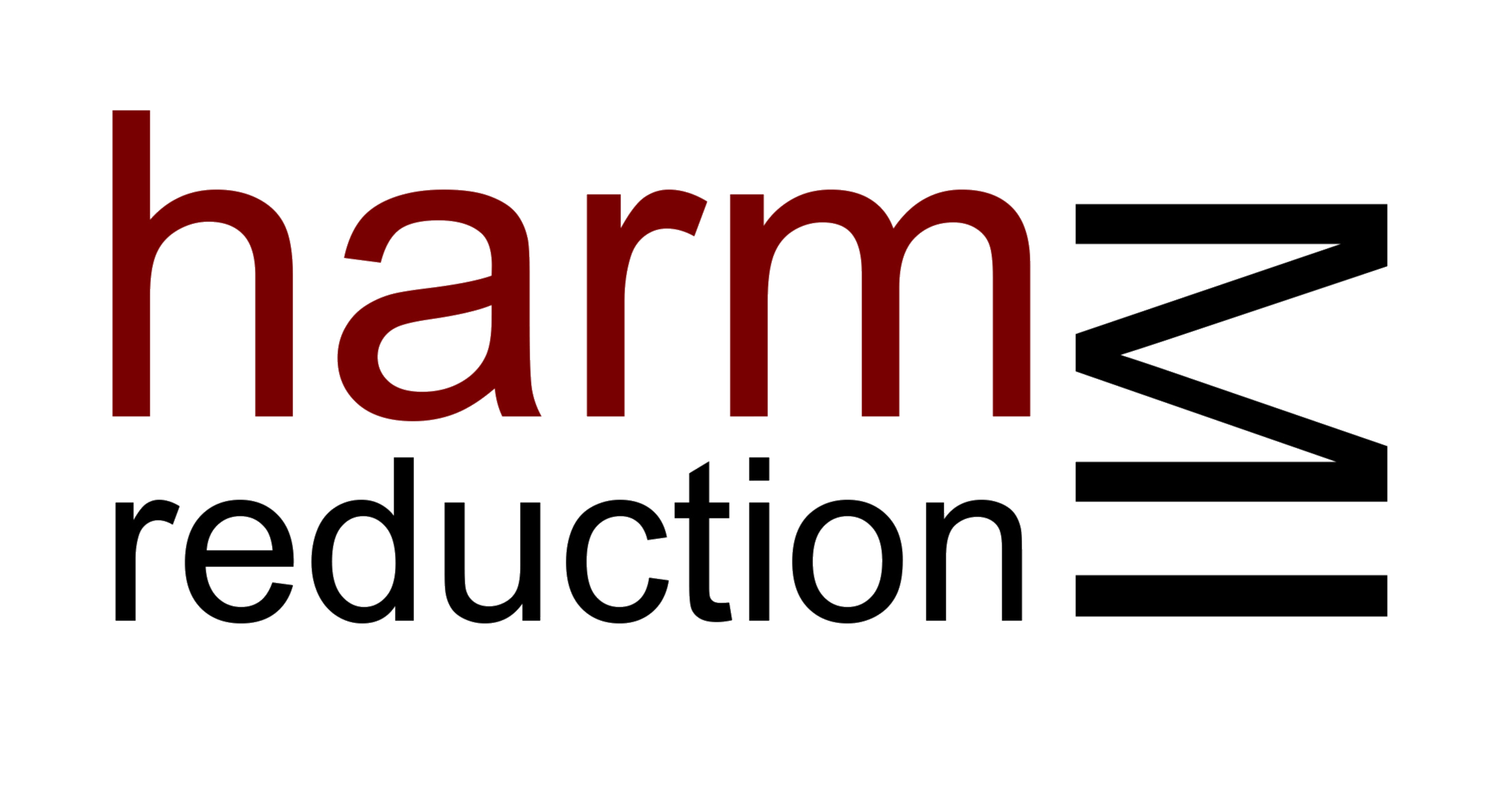
Harm Reduction Michigan
Harm Reduction Michigan attempts to decrease substance use-related harms in Michigan, in a respectful manner in collaboration with all people involved. They are using COSSUP funds to create a drug checking service program, a syringe service program, and organizational and professional substance use training and consultation. Additionally, they provide OD prevention/naloxone, substance use management and safer substance use, and HIV/viral hep/bacterial infection prevention services.

Michigan Public Health Institute
Michigan Public Health Institute works to center equity, promote health, and advance well-being. They are using COSSUP funds to onboard at least 3 new county level OFR teams annually, assist in engaging key OFR county stakeholders, hold OFT county meetings, and provide technical assistance for OFR teams.
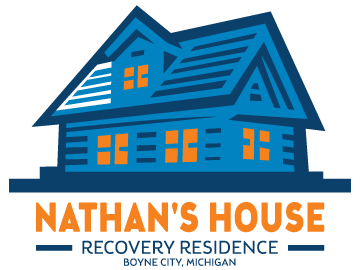
Nathan’s House
Nathan’s House provides affordable, safe, and sober recovery housing for males, supporting them on their journey to independent living. Through COSSUP funding, they are expanding their sober living programs, updating living accommodations, and modernizing administration. They offer scholarship opportunities to assist with shared living expenses and ensure access to stable housing. Additionally, they are increasing drug and alcohol screening, implementing weekly alcohol testing, and enhancing the recovery environment by purchasing new furniture and recreational equipment for residents. Outings and community engagement further reinforce a supportive recovery network.
